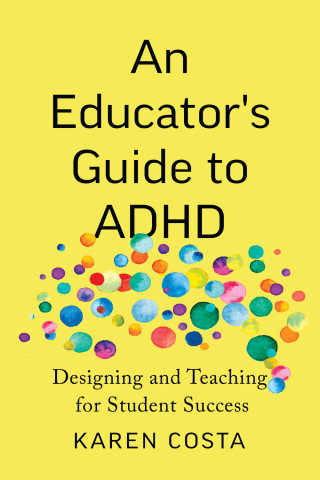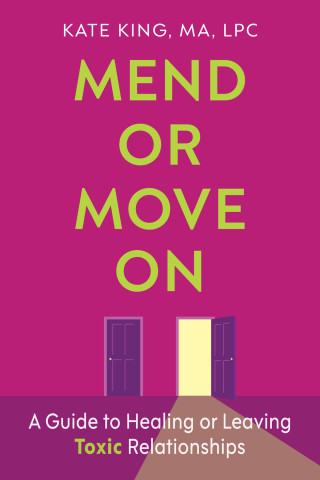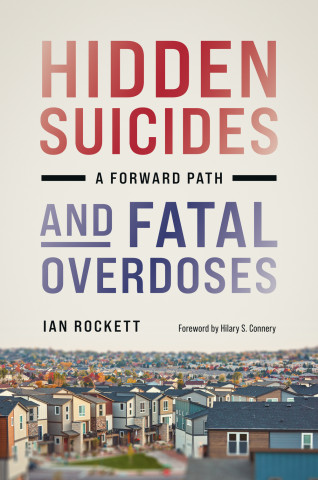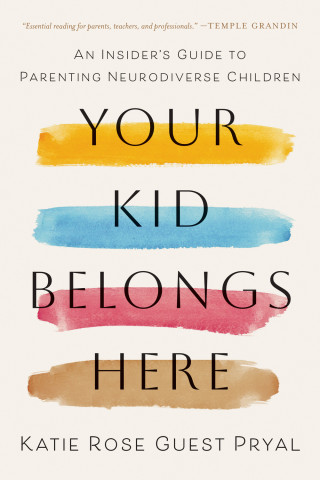
Reviews
The best go-to book I have seen for teaching thoughtful evaluation.
If you are a mental health clinician—or a consumer—and you want to understand psychiatric disorders—buy this book.
A well-presented, compact summation of McHugh and Slavney's four perspectives. Faithful and concise, the descriptions are intended to formulate practical, diagram-based steps in the conceptualization of each perspective.... From bereavement to cognitive decline, from bipolarity to eating disorders, from personality... to hypochondriasis, from suicidal behavior to psychosis, the cases attempt to combine theoretical cogency with clinical clarity
Innovative in its orientation, this book not only should be used in psychiatric training programs but also would enrich the approach of many practising mental health professionals.
It comes highly recommended as both an educational tool and an argument against the instrumentalization and reductionism prevalent in some approaches to clinical psychiatric practice.
It would be good if the practical book by Chisolm and Lyketsos is used in education and if the residents (and their teachers) are so enthusiastic about it that they also read the book by McHugh and Slavney themselves.
I believe that this book will be a useful companion to psychiatric residents and other mental health practitioners who struggle to better understand, diagnose, and treat patients with complex psychiatric and medical conditions.
This book could be a major addition to revitalizing the absolute necessity of a thorough psychiatric evaluation leading to comprehensive treatment in a field that is rapidly deteriorating to ‘read the DSM and prescribe medication.’ Psychiatry needs to be saved from itself and this book may be a major agent in that effort.
Book Details
Foreword, by Paul R. McHugh, M.D., and Phillip R. Slavney, M.D.
Preface
Acknowledgments
Part I: The Concepts behind the Approach
1. An Introduction
2. The Psychiatric Evaluation
3. The Life-Story
Foreword, by Paul R. McHugh, M.D., and Phillip R. Slavney, M.D.
Preface
Acknowledgments
Part I: The Concepts behind the Approach
1. An Introduction
2. The Psychiatric Evaluation
3. The Life-Story Perspective
4. The Dimensional Perspective
5. The Behavior Perspective
6. The Disease Perspective
Part II: The Approach in Action
Introduction
Case 1 Bipolar Disorder: Maintaining Personhood in the Face of a Disease
Case 2 A Young Man with Psychosis: The Role of Life Story and Behavior in Disease
Case 3 A Mother's Overdose: Life Story and Dimension
Case 4 A Man with Depression amidst Multiple Life Stressors: Life Story or Disease?
Case 5 A Matriarch with Memory and Mood Problems: Managing Diagnostic Dilemmas
Case 6 An Executive with Health Worries: Dimension or Disease?
Case 7 A Young Woman's Fear of Fat: An Aberration in Feeding Behavior
Case 8 A Lawyer Who Lies and Cuts: Synthesis of a Complex Case
Case 9 A Case of Bereavement: Why Psychotherapy Matters
Summary
Appendix A: The Psychiatric Evaluation
Appendix B: The Mental Status Examination
References
Index






